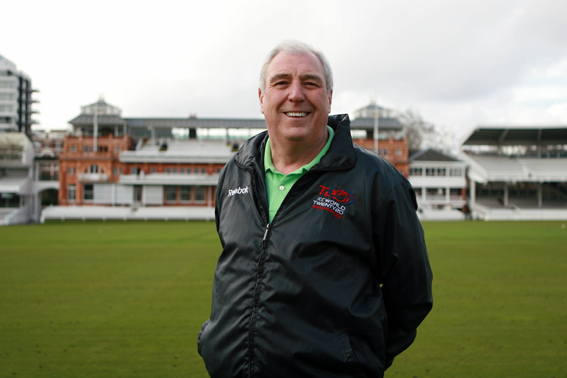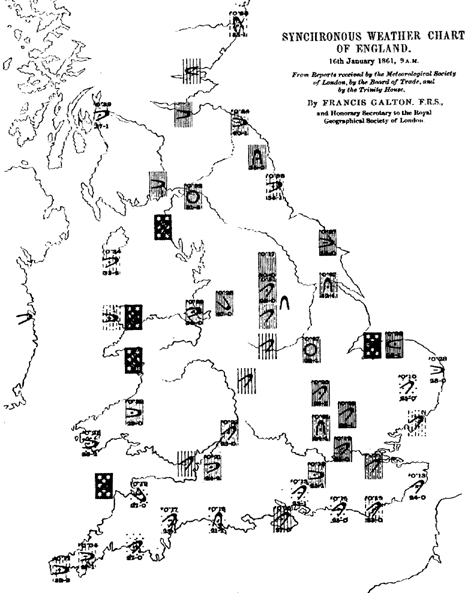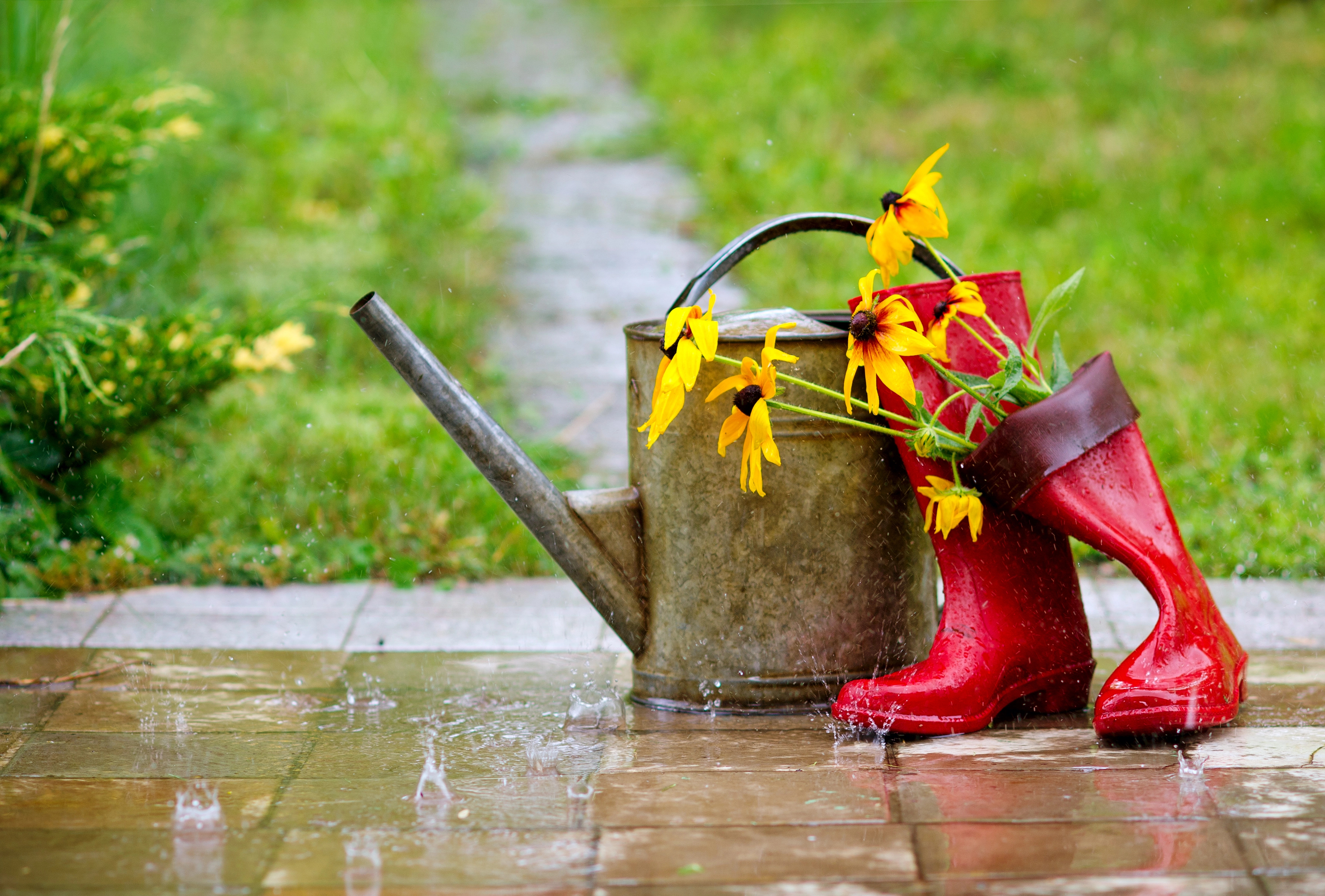

Weather & me: Mick Hunt of Lord's cricket ground: how weather impacts cricket
As a child, like millions of other people across the globe, I would curl up under the covers "long after I should have been asleep" and listen to the drama unfolding from what to me was the world's most incredible sporting cathedral. Lord's is the headquarters of the Marylebone Cricket Club (MCC), the spiritual home of cricket. It is where the laws that defined the game were written and where the spirit of the game was enshrined. Ask any aspiring cricketer to choose a ground they would like to play at one day, and you would get the same answer: Lord's. Imagine being someone who shares this love of the place but who also gets to pull his jacket on, grab his keys and go to work there every morning. Such is the happy position of Mick Hunt, the MCC's head groundsman, who has been coming to his favourite patch of ground week in week out for over 40 years. Mick played the game as a schoolboy wicket-keeper but says he was never good enough to play the game professionally, so this job was the next best thing. He joined the Lord's groundstaff in 1969 and never left, rising to become head groundsman in 1985.
What are your duties as the MCC's head groundsman?
At Lord's, if it is green, it is down to me. It is the preparation of practice and match pitches. The main square, of course, is used for all the main matches, and then we have nursery pitches that are used for practice matches and practice facilities.
Is there a split between working on the square and working on the outfield?
Basically, we have two gangs. One works on the outfield, while the other concentrates on preparing the pitches. We all get together for certain tasks like covering the pitches, but two guys concentrate on the outfield, and three of us work on the pitches.
Is working here the pinnacle of the groundsman's world?
It is the home of cricket. All the players want to play here. It's like a football groundsman working at Wembley or a green keeper at St Andrew's places that are the homes of their sport. It gives them a certain something. I certainly wouldn't want to work anywhere else.
What is the weather's biggest impact on your job?
About 80% of what we can achieve is determined by the weather. The weather is what decides what you can do when you get out there.
What is the best weather for preparing a cricket pitch?
The ideal scenario is to start preparing the pitch 10 days prior to the match. What you want at that point is some steady but not too heavy rain for several hours. This way, the water percolates through the soil profile. What you want is the spaces between the soil particles saturated with water. Once you have this to the right depth, then it is just right for compacting with the rollers. We really want rain at this point because even though we have irrigation, tap water is a lot harder than rainwater and doesn't seem the get the penetration into the soil, and you have to pour on a lot more. Then the rolling forces out the water and binds the soil together, which is what you want. After that, you want a few warm but overcast days. You want the pitch to dry out, but from the bottom up so you don't want it to be too hot and sunny. Then for the last couple of days, you want proper sunshine to finish the pitch off. It's like baking a cake; that last blast of heat finishes the top off nicely, making for a really good playing surface.
I assume it is not always like this.
No. You never really know what the weather is going to throw at you. I have had times when we've been right on track, and then a change in weather conditions has got the pitch just right but a couple of days early. So we've had to put the rain covers on to protect it from the sun and stop it from being too dry for the start of the match. People come to the ground with no cloud in the sky and see the rain covers on, and they think, "Hang on, who is the bloke in charge here? And what's he up to?"
Do things change for one-day matches and Test matches?
They do. The most obvious thing is the time scale. Test match pitches have to last five days, and one-day pitches don't. But also, you want one-day pitches to be hard, and dry, with very little grass—no movement off the pitch and an even bounce. For a Test match, first and foremost, the pitch has to last five days. But you also need to keep the bowlers interested, so the pitch doesn't have to be as hard. It still favours the batsman, but not as much as a one-day pitch, and as the match progresses the pitch should start to break up or crack a bit and move more towards the bowlers.
What were the worst conditions you've faced but still saved the Test match?
That was against India only a couple of years ago. It was like a mini monsoon here, and we had over an inch of rain in less than an hour. It went pitch black, and the street lights even came on. The force of the rain was setting alarms off. It was real Armageddon stuff; it was awful. The ground has a drainage system which means it can drain two inches of rain in an hour. With that and everyone working like mad with the surface mopping machines, we had the teams back out an hour after the rain had stopped. The thing was, I got criticised for that because people had taken one look at the sky and the clouds and had headed home. Then they turned on the telly when they got home and saw live cricket from Lord's, and somehow it was my fault! What was nice was that at the end of the match, both teams gave me a photograph of the conditions at their worst, and it was signed by the captains. It's a kind of appreciation for keeping the game going under such conditions.
Would your life be easier somewhere like the Caribbean?
I think so. It is the predictability of the weather. Of course, it changes. but it is more stable. I was out in Adelaide a few years back, and the groundsman watered the ground two days before the match. I was horrified. Here 10 days before a match is the latest we can be watering. You don't want rain after a heavy watering like that, so we can't risk it that close to the start of the match. But he knew that it would stay hot for days, so he could water it with no fear.
How carefully do you watch the weather and check the forecasts?
Radio, television, the papers, we collate all the information. We go up to the top of the media stand where you can see across London and watch the rain coming. We have vantage points all around the ground for watching the weather. It's the showery weather that can really do you. The weather here tends to come from the west, and you get to know where the problem areas are. If the weather comes from the south in the summer, believe it or not, we often find it is prolonged rain. Thunderstorms or strange weather normally come up from the east. The thing is, the weather can be so local. A couple of years ago, we were working, and there was a Test match on at the Oval. It suddenly started to rain, and we ran into a caravan we have here. It was hosing it down, really bouncing off the roof of the caravan, and we were watching live cricket from the Oval, not more than two miles away.
Can that very localised weather cause you problems?
Oh yes. But more with the public than the work. We'll get people saying, "Why aren't you playing? They're playing at the Oval." Or we will get people coming from six or seven miles away, saying, "It's not raining. Why aren't you playing?" So you tell them that we had a summer storm this morning and that some of the ground is still wet. "Well, there wasn't one where we were." As if the weather in their neck of the woods has any bearing on the state of the pitch here. I had one guy who accosted me during a rain delay. He was jabbing his finger at me and saying in all seriousness: "What are you going to do about this weather!" I have also been accused of arranging for the rain to fall so I could get the day off. I tell you what, if I could order the rain whenever I wanted, I'd be about a pound behind Bill Gates.
What is the perfect summer for your job?
A nice spring. It's a bit greedy wanting the whole summer, but a good spring is great. I'd want above-average temperatures. It gets the grass kickstarted again after the winter. I'd also want some rain, some nice gentle but persistent rain. It is so much better for the grass than tap water. I've seen the whole ground explode with growth overnight after some good rain that doesn't happen with tap water. It looks different, and it sits up. Tap water just keeps things ticking over; rain really sets it alight.
What weather do you least want?
You really don't want drought conditions, where it's very hot day after day after day. What grass survives is stressed, and the whole ground can start to dry out, which can be very bad, as we are on clay soil here. One very hot year, the ground became so dry that the narrow drainage we had around the ground opened right up, several inches wide. And when it's like that, watering only does so much because water on hard ground when it's hot mostly evaporates. Every morning we had to go around the ground with wheelbarrows of sand and soil filling up holes so that a player wouldn't twist their ankle or worse. And the ground can take a long time to recover from getting that dry, even after it starts raining again.
What is your favourite kind of weather?
I do like a nice day. Not too hot, somewhere in the 70s, and with a nice little breeze. My wife and I were out in Cyprus in September, and it was getting a bit lively out there, well over the 100 mark. That's more than enough for me. How much time do you spend outdoors? From April to September, someone works on the ground pretty much every day, and the day can last from around 10 to 14 hours. You really are out in the elements.
Is there any weather that wants to make you just roll over and stay in bed?
Yes. When you wake up, look out of the window, and it is hosing down. I just don't want to pull on my Wellingtons and wet weather gear and head out into the pouring rain for the whole day. You are going to get soaked despite the clothes.
Have you developed a weather sense?
Over the years, I have. I can look up at a cloud and say: "Hang on, lads, I don't fancy that one. Let's stay one ahead of the posse and get the covers on." And often enough, it starts raining soon afterwards. Of course, that's if there's no game on. My friends now ask me for weather forecasts for the next few days or the weekend. Even if I say so myself, I don't have a bad record.




